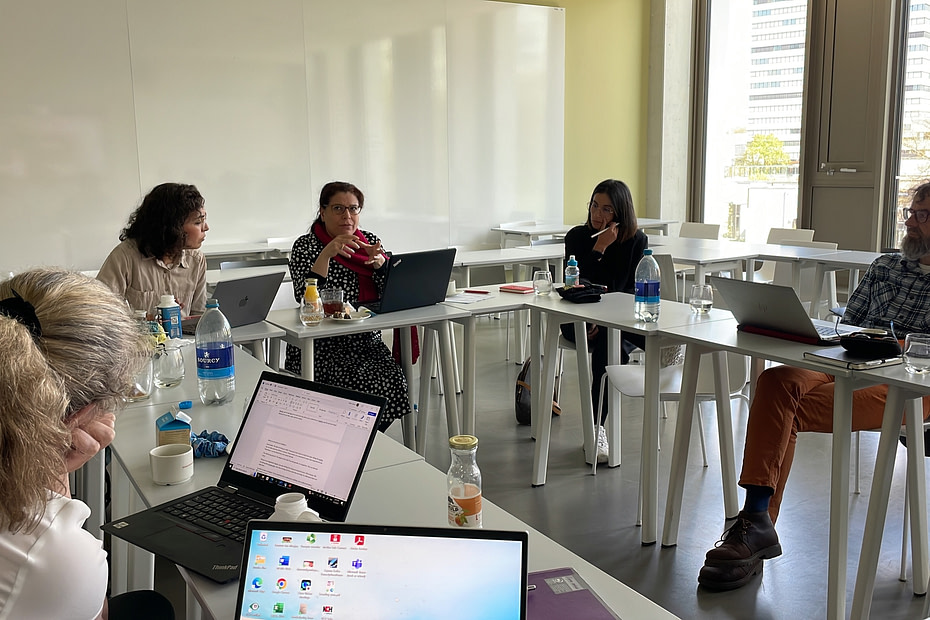Ethics workshop within a larger 2day international workshop on Migration, War, and Repatriation
On May 2 and 3, the Academics for Repatriation and the
REGGUIDE team organized a two-day international workshop with 20
interdisciplinary scholars, focusing on “Women, Men, and Children in
Syrian Camps and Prisons – Migration, War, and Repatriation” at Radboud
University Nijmegen.
The workshop comprised five sessions. The first
session delved into the complex issues of Repatriation, Re-integration, and
Restoration. The second session explored Repatriation as a lens on nation,
citizenship, and security. In the third session, the politics of gender and
race were dissected. The fourth session investigated the possibilities for
solidarity and speaking out.
The closing roundtable explored the ethics and
challenges of working with such a contested theme and group of people. The
ethics roundtable was thoughtfully designed to address three pivotal ethical
considerations that are integral to navigating the complexities of research and
engagement. First, the concept of “Hierarchy of credibility” prompts
reflection on how credibility and the right to be heard are interwoven in one’s
personal research experience. This raises critical questions about whose voices
are prioritized and the ethical implications of such choices.
Second, “Professional integrity” was
a key focus, inviting participants to contemplate whether developing empathy
for the subjects of study enhances or challenges the researcher’s professional
integrity. This question encourages a deeper exploration of the researcher’s
relationship with the studied community and the ethical responsibilities
inherent in this dynamic.
Lastly, the principle of “Multi-sided
partiality” emphasizes the acknowledgment of multiple perspectives without
sacrificing impartiality. This ethical consideration encourages researchers to
embrace a nuanced understanding of various viewpoints, fostering a more
comprehensive and empathetic approach to complex issues.
The inclusion of these three ethical questions
in the roundtable underscored the commitment to ethical rigor and nuanced
reflection, contributing to a richer understanding of the challenges inherent
in research and engagement within sensitive contexts.
The two-day workshop, particularly the ethics
workshop, was very inspiring and highlighted the need for exchange around such
challenging questions.
